Last Updated on 2025-10-07 by a-indie
When I listened to the third album ‘Death of a Daisy & Birth of an Oyster’ by Bangkok’s indie pop band KIKI, I was convinced that their music would unfold the future of electro-pop now that Daft Punk is no more!
The expansion of dance beats and the fusion with experimental electronic sounds, skillfully weaving them together to create colorful pop music that lands perfectly.
Having performed at festivals in Japan, France, Hong Kong, and Korea, they have fully sublimated external stimuli and crystallized them into ‘Death of a Daisy & Birth of an Oyster’.
This time, we conducted an interview with KIKI since the release of their debut album ‘Metamorphosis: Final Stage’.
We thoroughly asked vocalist Helena about the process from their previous work to this release, their involvement with Japan’s music scene and live performances, and how ‘Death of a Daisy & Birth of an Oyster’ came to completion.
What follows is a love letter from KIKI to Japanese music——.
Thailand’s Soaring Treasure, Who is KIKI?
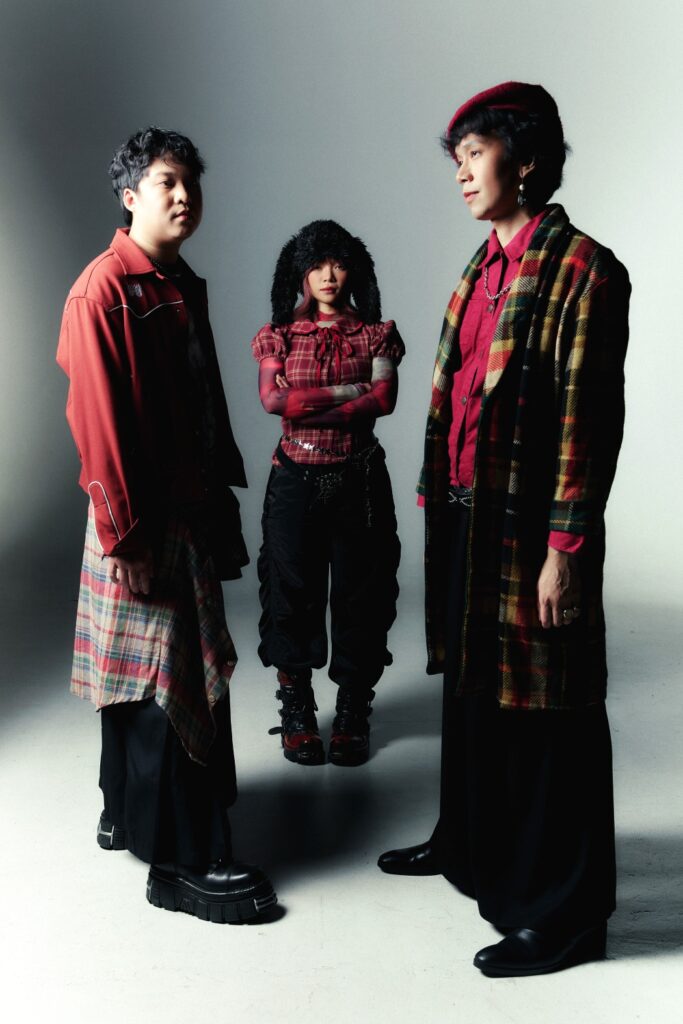
Artist: Helena Interviewer: Yuki Takita Translation, Editing, Proofreading: BELONG Media / A-indie
—Yuki Takita: This is our first interview since the release of ‘Metamorphosis: Final Stage’. During that time, you had your first Japan tour, and in 2024, you performed at the “Ringo Ongaku-sai” among other activities in Japan. First, I’d like to ask about this—how were the Japanese listeners? Please share your impressions of performing live in Japan and your thoughts on how your music is being accepted in Japan.
Helena: First, thank you for giving me the opportunity to ask such questions. And hello to everyone!
The Japan tour was our first overseas tour since releasing our first EP ‘We’re blamed for who we are and then we are forgotten’ and the subsequent ‘Metamorphosis: Final Stage’. To be honest, I was extremely excited about the tour, but at the same time, I knew we were still newcomers to this music scene, so I was also very anxious. I didn’t know what potential KIKI’s songs held, and of course, being able to visit new places and perform our songs for everyone was the greatest joy.
Our first live show in Japan was at Compass in Osaka, with Pictured Resort as the opening act. Next, we met Sawa Angstrom for the first time at Urbanguild in Kyoto, then became friends with Emptei on the way to K.D Japon in Nagoya. And before arriving at MOONROMANTIC in Tokyo, we had the opportunity to perform at the Ringo Ongaku-sai in Nagano Prefecture. Our first appearance at Ringo Ongaku-sai was in 2022, and we were able to perform there again in 2024.
The Japanese audience was truly wonderful, warm, and kind. I received endless energy from the people who came to watch our live shows and danced with us. Thanks to that, I was able to decide that I wanted to continue working on our second album as soon as we returned from this tour.
I might not have mentioned this before, but actually, during the tour days, I, the vocalist, suffered from laryngitis. It was something I had never experienced in my life. Fear struck me, anxiety heightened, and while crossing the ocean to perform in Japan, I felt like my heart was about to break. I thought it was important to be honest with the audience and tell them that I wasn’t in my best condition, but at the same time, I thought it didn’t matter whether I said it or not. Because I was ready to give my all and pour all the energy I had left. The audience supported me at every live show, and thanks to everyone, they made me forget about my condition. Adrenaline and the “love” that joined it were the best medicine.
No matter how much I say, it’s not enough, but the Japanese audience is one of the first groups to radiate such energy and support from overseas while we were touring. That gave us so much hope, inspiration, and passion, and it became the power for us to continue doing what we do best—making more and more music. Thank you so much. I’m grateful forever.
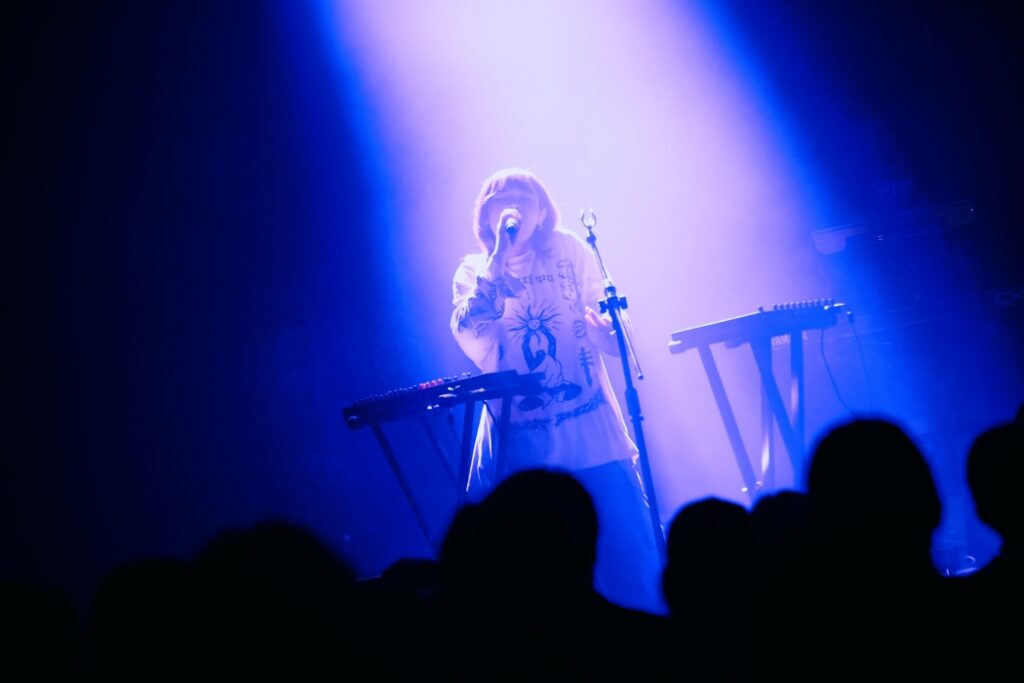
—Yuki Takita: In recent years in Japan, there have been many concerts and tours by bands active in the Asian region like yours, but unfortunately, live shows by North American artists have been decreasing, and some artists are touring in Korea and China while skipping Japan. We’re at a point where we can only see overseas artists at Fuji Rock and Summer Sonic. Given this situation, I’d like to ask you, who are specifically active in Thailand—how do you see Japan’s music scene and your impressions when performing live there?
Helena: I think this question is rather subjective. That is, it really changes depending on the people and circumstances of that time. In our case, the tour took place during the global pandemic of COVID-19, so people around the world were affected economically, mentally, and in every sense. We had more opportunities to travel, so we could see and understand the scene more each time we performed there. And what I noticed is that Japan’s music scene is growing in terms of diversity (genres) and is becoming more open to things that aren’t created domestically. You can tell from how much they look forward to and are prepared for people from other countries to come and perform in their country. And such support is what we’ve always received from Japanese audiences.
Japan is still one of the best places for us to visit and perform. The live environment in different places provides different types of crowds. It’s like continuously learning how audiences react in various environments. The dynamics born in different places vary, but Japan’s overall scene and environment are always loving and heartwarming for us.
Dream of Fuji Rock Performance
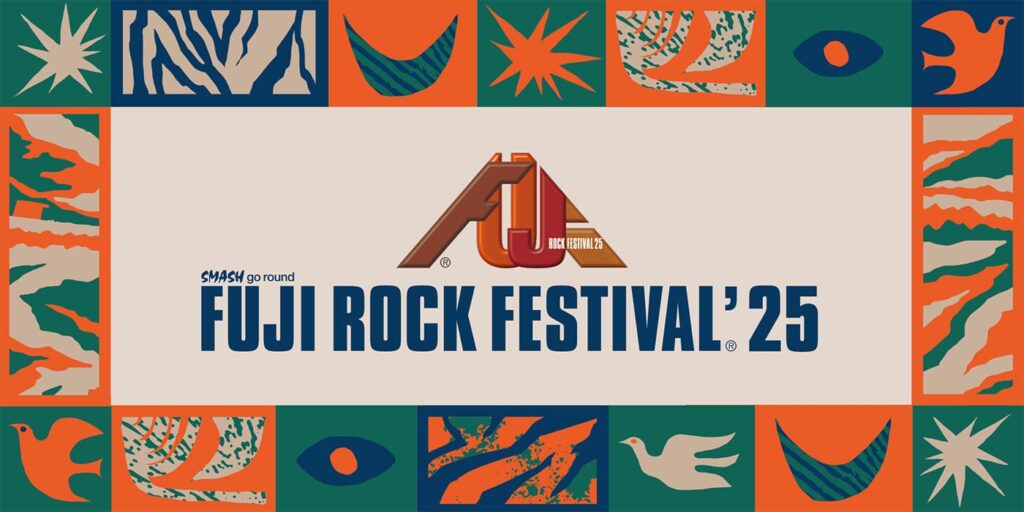
—Yuki Takita: Conversely, in Thailand, Summer Sonic Bangkok and Rolling Loud Thailand have been held in Bangkok, and it’s been decided that “Tomorrowland,” one of the world’s largest electronic dance music (EDM) festivals, will be held starting from 2026. In recent years, there have been many more opportunities for overseas artists to perform live in Thailand, centered around music festivals. What do you think about this? Also, if you were to name the music festival you most want to perform at right now, which would it be? I’m also curious about your reasons.
Helena: I think music is a universal language. The more there is, the more doors are opened. Here in Thailand, with the rapid increase in festivals and live houses, people being very interested in participating in overseas bands’ live shows has become almost like a social phenomenon. The more live shows there are in Thailand, the more opportunities people have to encounter new types of music and new bands every day, and I think that’s definitely a win for everyone.
If asked which festival we’d like to perform at, we’d say Fuji Rock and Coachella (you might say we’re dreaming, but well!). First, Fuji Rock has always been one of our dream festivals. It’s one of Japan’s biggest festivals, with an amazing lineup every year, and needless to say, the festival stage is in a very beautiful location, and the audience is crazy! As for Coachella, needless to say, it’s one of the “big name” festivals very far from where we are. We hope that someday our music will take us to the places we dream of. We hope that someday, that dream will become reality.
—Yuki Takita: With streaming services and global music festivals being held in your own country, I think there are more opportunities to directly encounter overseas artists and music. Are there any bands or artists you currently feel empathy with or affinity for?
Helena: Everything we do is based on personal preferences for bands we respect and love. Daft Punk, Parcels, L’imperatrice are the artists we feel most connected to when brainstorming about creativity. Another one I’d particularly like to mention is Japan’s Ovall. Previously, I had the opportunity to perform with Emptei, and that’s how we became friends and created the song “Daydream” together. It’s a song I really like. But I’ve never actually met Ovall, and by exchanging thoughts and ideas through messages, I got the opportunity to work together on a song called “Bloom.”
I never imagined that Ovall would recognize our existence, let alone know our songs. My husband was a big fan of a guitarist long before he knew that person was actually a member of Ovall. Being able to communicate through music and create songs together was one of the best opportunities for us. Music is like magic, isn’t it?
Next page here ⏩️
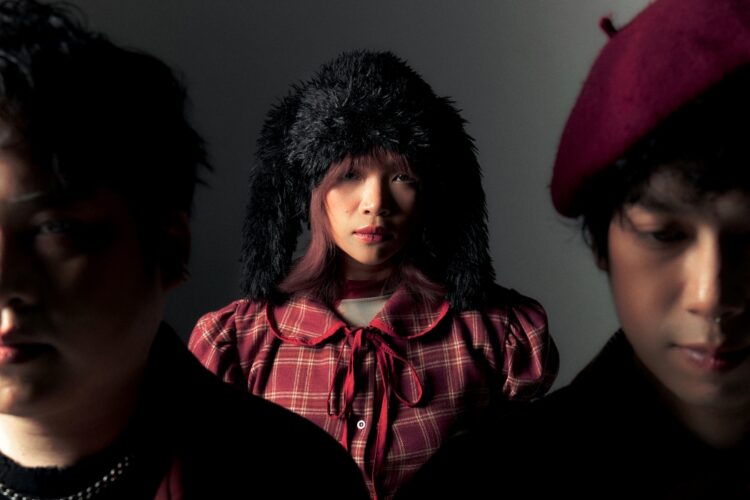
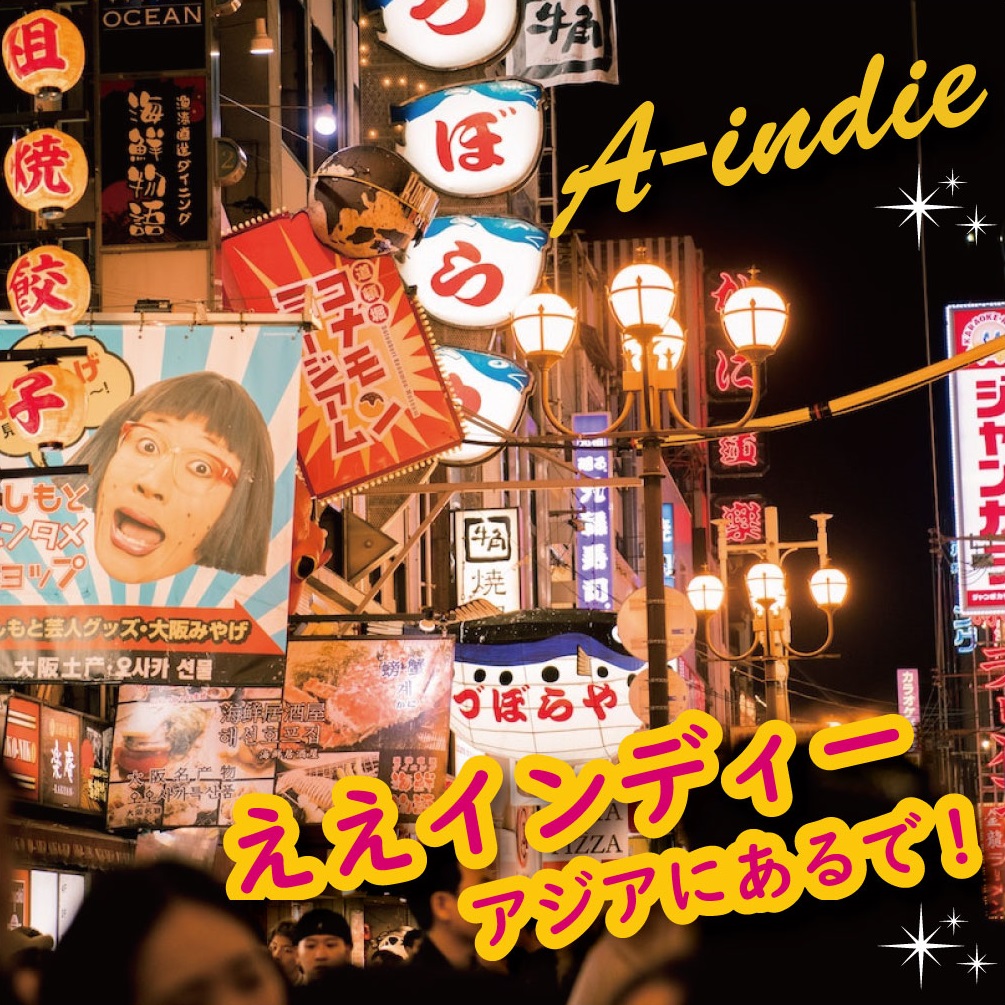

 - is a music media platform run by BELONG, a Japanese music organization. We publish music articles with a focus on indie music.
- is a music media platform run by BELONG, a Japanese music organization. We publish music articles with a focus on indie music.
[…] English article here 🔗 English […]